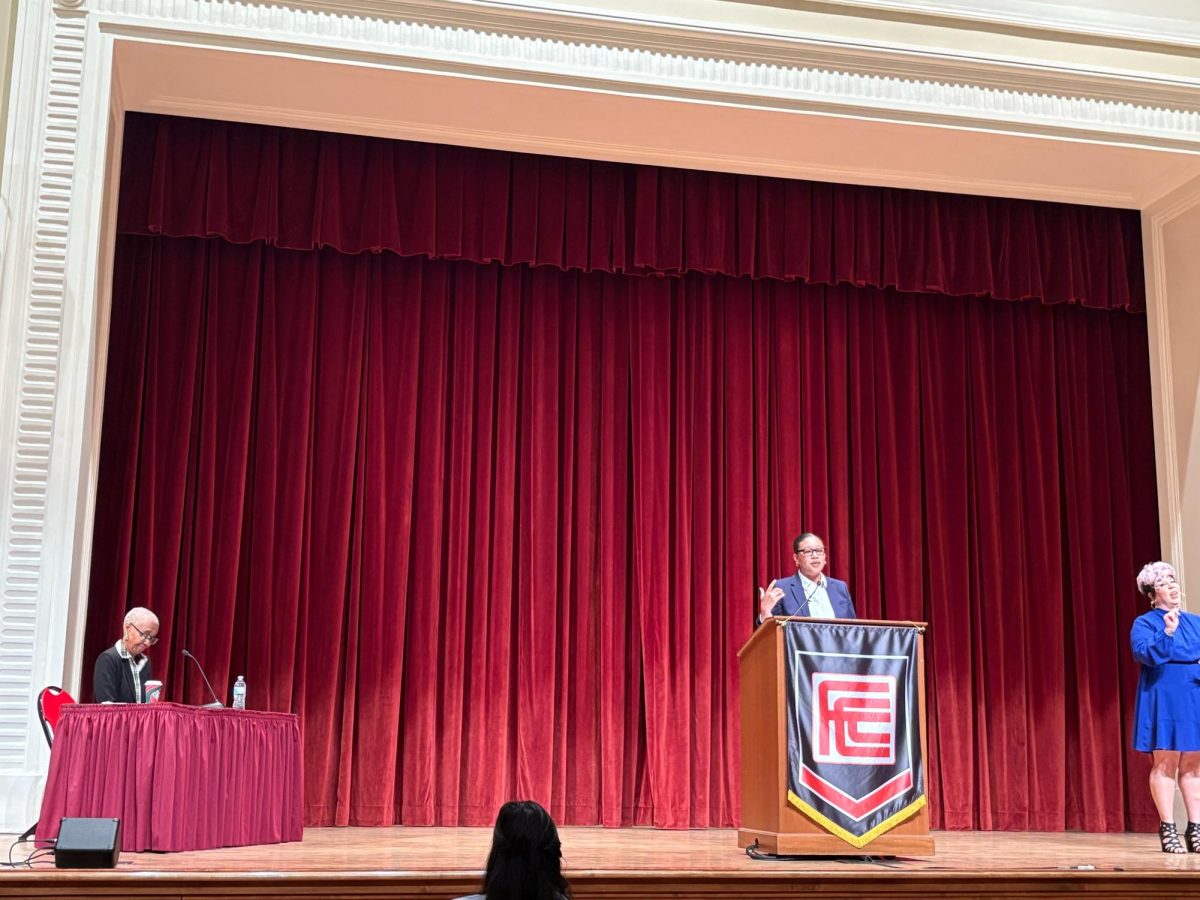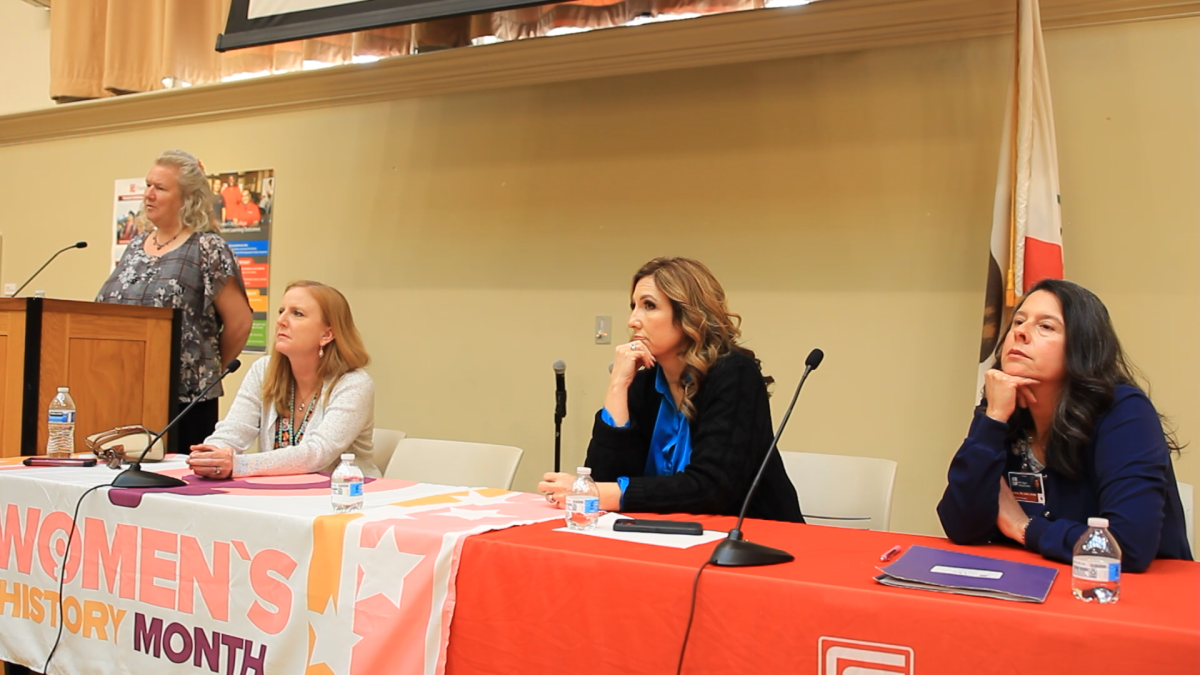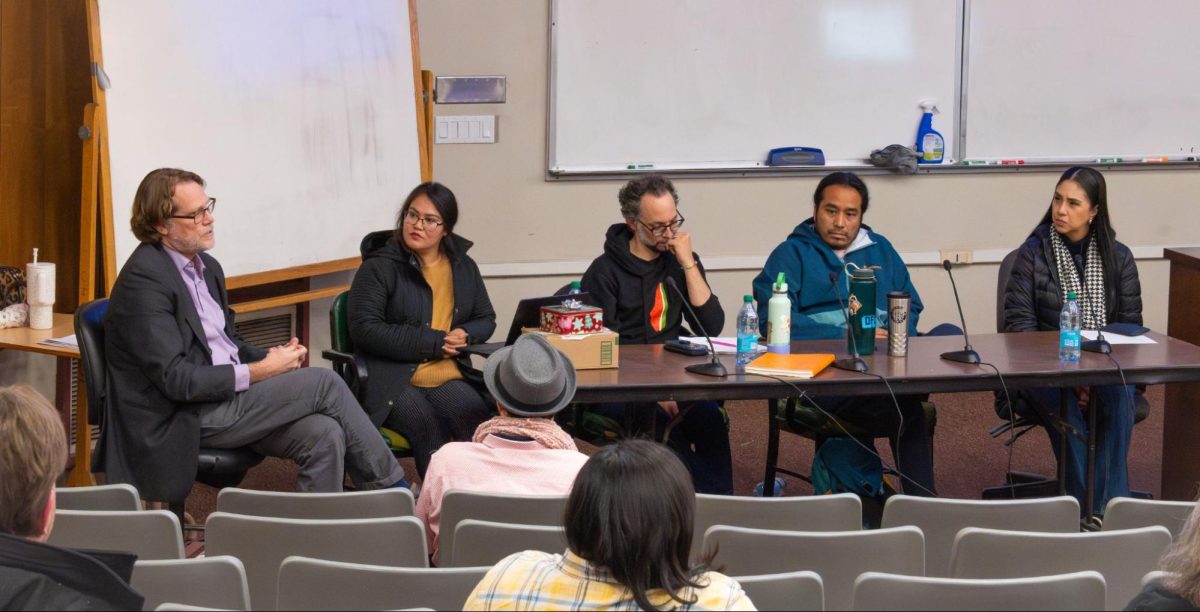Transferring to a four-year college from a community college has become a lot easier. The Student Transfer Achievement Reform Act, a new law, signed by Gov. Arnold Schwarzenegger on Sept. 29, will guarantee spots at Cal State campuses for students who complete their lower-division work at community colleges.
“More students will successfully transfer and earn bachelor’s degrees in less time,” wrote Dr. Deborah Blue, chancellor of State Center Community College District, in an op-ed piece published in the Rampage. Blue also wrote that the new law will help streamline the transfer process for community college students.
This law makes things much easier for students to reach their goals. Brenda Santiago, a first year Communications major, is one of many students who are pleased about the new law.
“I’m excited because I won’t have to spend more than around two years to finish my general education classes,” Santiago said. “I can just finish my 60 units here and then transfer.”
While 73 percent of California college students attend community colleges, only 22.7 percent of those who wish to transfer to four-year universities actually achieve that goal, according to the Institute for Higher Education Leadership and Policy information cited in Dr. Blue’s opinion piece.
The act will significantly improve transfer chances for any student who has completed 60 semester units at any California community college. Such a student will be eligible to transfer to a CSU at junior status to earn a bachelor’s degree with an additional 60 units.
1,093 students transferred from FCC to the Cal State system in the 2007-2008 academic year; 1077 transferred in 2009. Fewer FCC students transfer to the University of California system — 103 in 2008 and 73 in 2009. The new law would not affect transfers to the University of California.
What it will do is require community colleges to create an associate degree program for students who wish to transfer. This will guarantee them enrollment with junior status to any CSU, though it may not be the University of their choice.
Several factors that can impact transfer rates for community college students include employment, major, location, and study habits. During tough times, different students who work spend less time in school and take longer to transfer.
Nelson Ayala, first year Biology major, works at Express at the Fashion Fair mall. He said he sometimes has trouble juggling schoolwork and his job. “Sometimes, I have to be working and can’t do my homework,” Ayala said. “I have to stay up extra late.”
Duabge Lor, first year Biology major, works 10 to 20 hours a week at Chuckie Cheese. Lor said that making his class schedule work is most important. “Work and money is great, but school is my main priority and I want to focus on that.”
The location of a college and its proximity to four-year colleges can also play role in the rate of transfers. Community colleges around the Los Angeles area may have a larger transfer rate because they have many four-year colleges within driving distance.
For local area students wishing to transfer to California State University of Fresno, completing the majority of their course work will give them favored admission to the university, according to Lynn Jaschke, the Outreach counselor at Fresno State. Jaschke advises students wishing to transfer to CSU Fresno on the admissions process as well as their eligibility. Additionally, she presents application workshops in conjunction with community college transfer centers to help students complete their application to transfer to CSU Fresno.
Jaschke said four-year colleges are equally excited about this bill and that for Fresno State, the bill reaffirms its “commitment to community college transfer students to have access and opportunity to transfer to the CSU.”






